The Snapshot (so you can decide fast)
-
Who it’s for: Canadian College grads from Business Management & Co-op or Hospitality Management & Co-op who want a bachelor’s in hospitality leadership.
-
Admission basics: A minimum GPA applies; admission is first-qualified, first-admitted and not guaranteed. Apply early.
-
English: Pathway applicants from CC often don’t need to retake English tests; exact requirements depend on your program and grades.
-
Timeline: Typically completed over two academic years (upper-division study focused on management).
Why this path is efficient (time, money, momentum)
-
You start sooner. Begin at CC, build academics + co-op experience, and move straight into the bachelor instead of sitting in test-prep purgatory.
-
You pay smarter. Starting with a CC diploma lets you progress to the degree without starting from zero, so your total cost makes more sense.
-
You build a Canadian resume as you go. Co-op and part-time work while studying = income + local experience before you even graduate.
-
You keep your options open after graduation. A completed degree may support PGWP eligibility; always verify current rules.
What you’ll actually learn (themes, not buzzwords)
-
Hotel & service operations — standards, staffing, customer experience that scales
-
Revenue & financial management — pricing, budgets, forecasting, data-driven decisions
-
Marketing for hospitality — service branding, digital/social that fills rooms and seats
-
Leadership & people — labour relations, organizational behavior, communication
-
Hospitality law & risk — the rules that protect guests, teams, and venues
-
Entrepreneurship & innovation — building offers, testing ideas, presenting to stakeholders
-
Capstone projects — real problems, real proposals, real feedback
What a typical week feels like
-
Concentrated on-campus days. Expect a compressed schedule (often three days per week) so you can balance classes, work, and life.
-
Assessment spread across the term. Lectures, seminars, case studies, group projects, presentations, quizzes, and finals—so one test doesn’t decide your fate.
-
Downtown learning environment. You’re in the middle of a major hospitality market, not reading about it from afar.
Who thrives in this program
-
You’re aiming at management-track roles across hotels, events, cruise lines, and multi-unit F&B.
-
You like structured, practical learning with clear deliverables and feedback.
-
You want a straight line: CC diploma → bachelor’s → stronger employability in Canada’s hospitality sector.
Your next five moves
-
Pick your CC diploma (Business Management & Co-op or Hospitality Management & Co-op) with the VCC pathway in mind.
-
Hit the GPA requirement. Keep your grades steady—admission is competitive and seat-limited.
-
Apply early. First-qualified, first-admitted means timing matters.
-
Prep documents. Transcripts, proof of graduation (or proof of expected completion), identification, and anything the program requests.
-
Plan the logistics. Budget, housing, part-time work, and timelines from diploma finish to bachelor start.
Quick FAQs
Do I need IELTS/TOEFL again?
If you completed an approved CC diploma with the required grades, you may not need additional English proof. Check your specific pathway notes.
How heavy is the workload?
Expect steady weekly output: readings, team work, presentations, and term projects. It’s built to mirror real management pace.
Does this help with work eligibility after graduation?
A completed bachelor’s may support PGWP eligibility. Always confirm current government rules before you plan around them.
Ready to map your route?
Tell us your current diploma, target intake, and GPA. We’ll outline your exact steps, timing, and what to prepare—so you can move from student to hospitality manager without detours.





